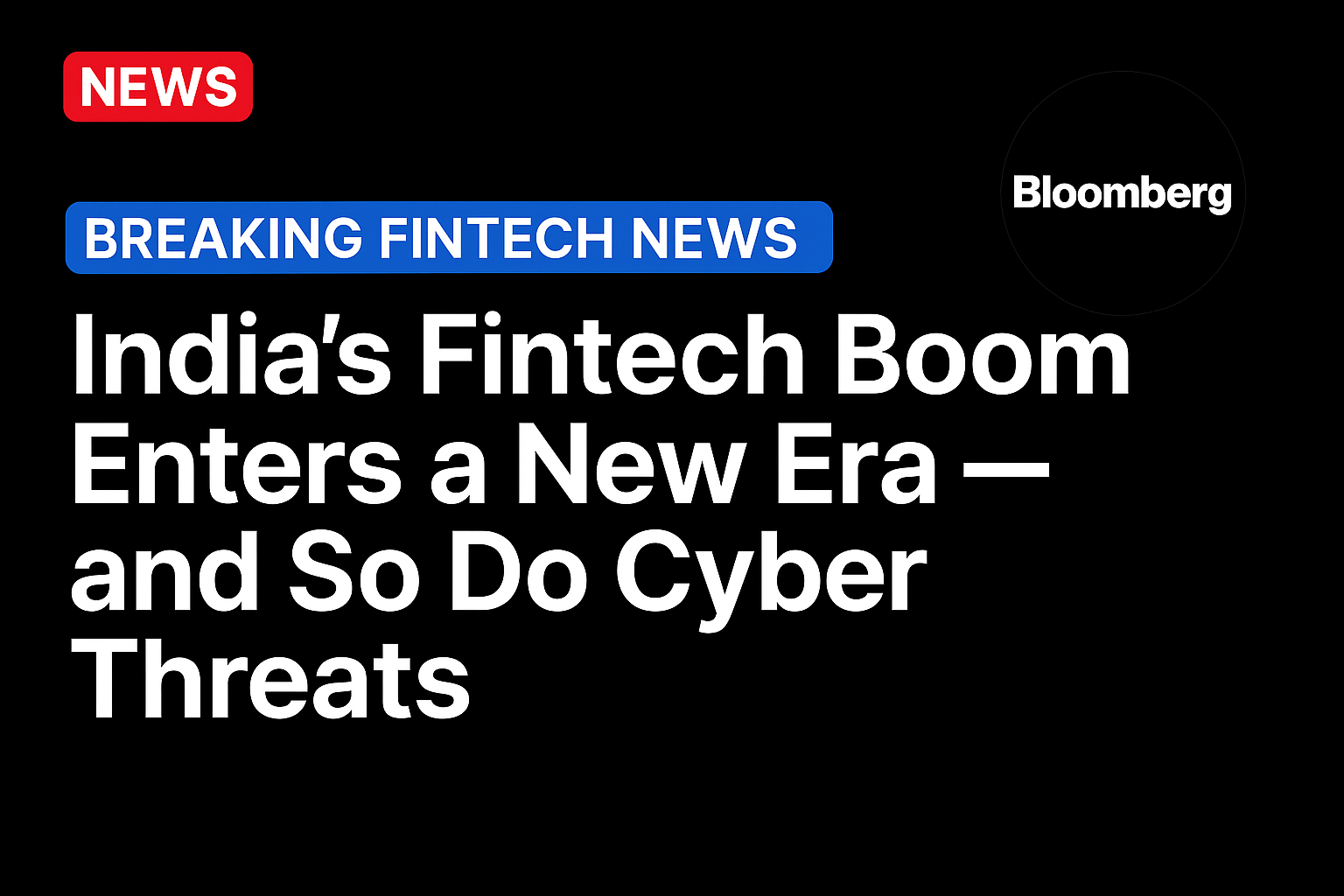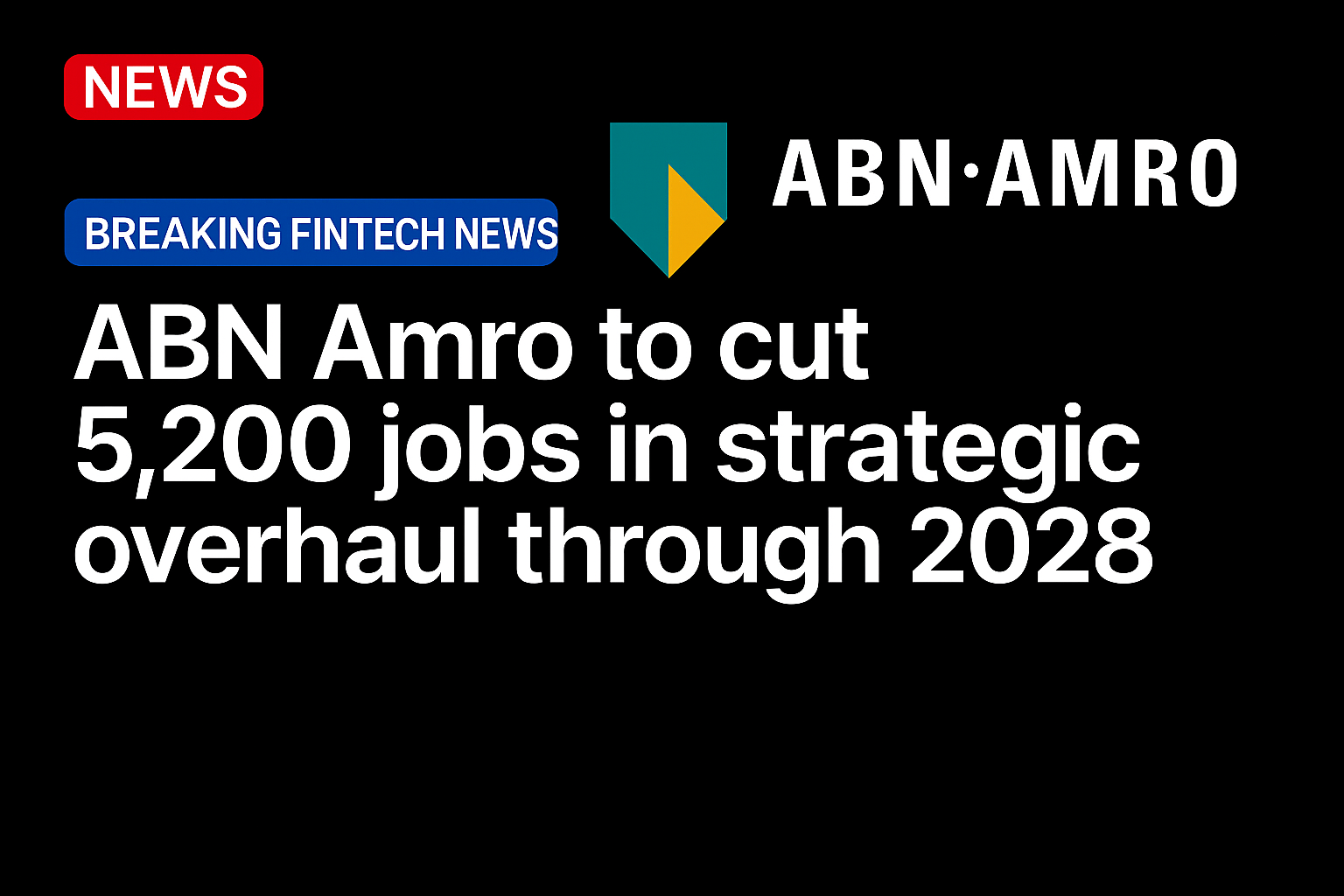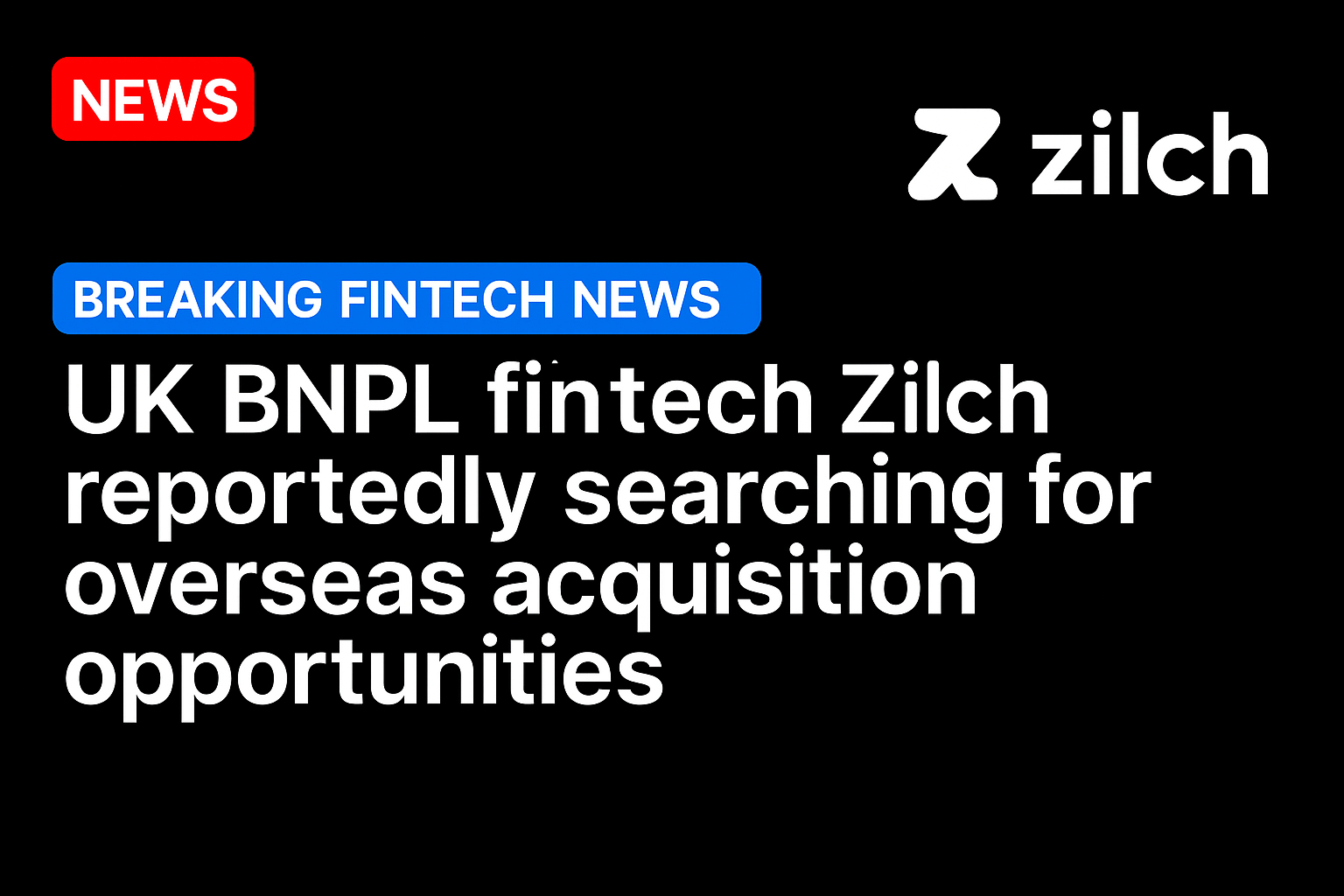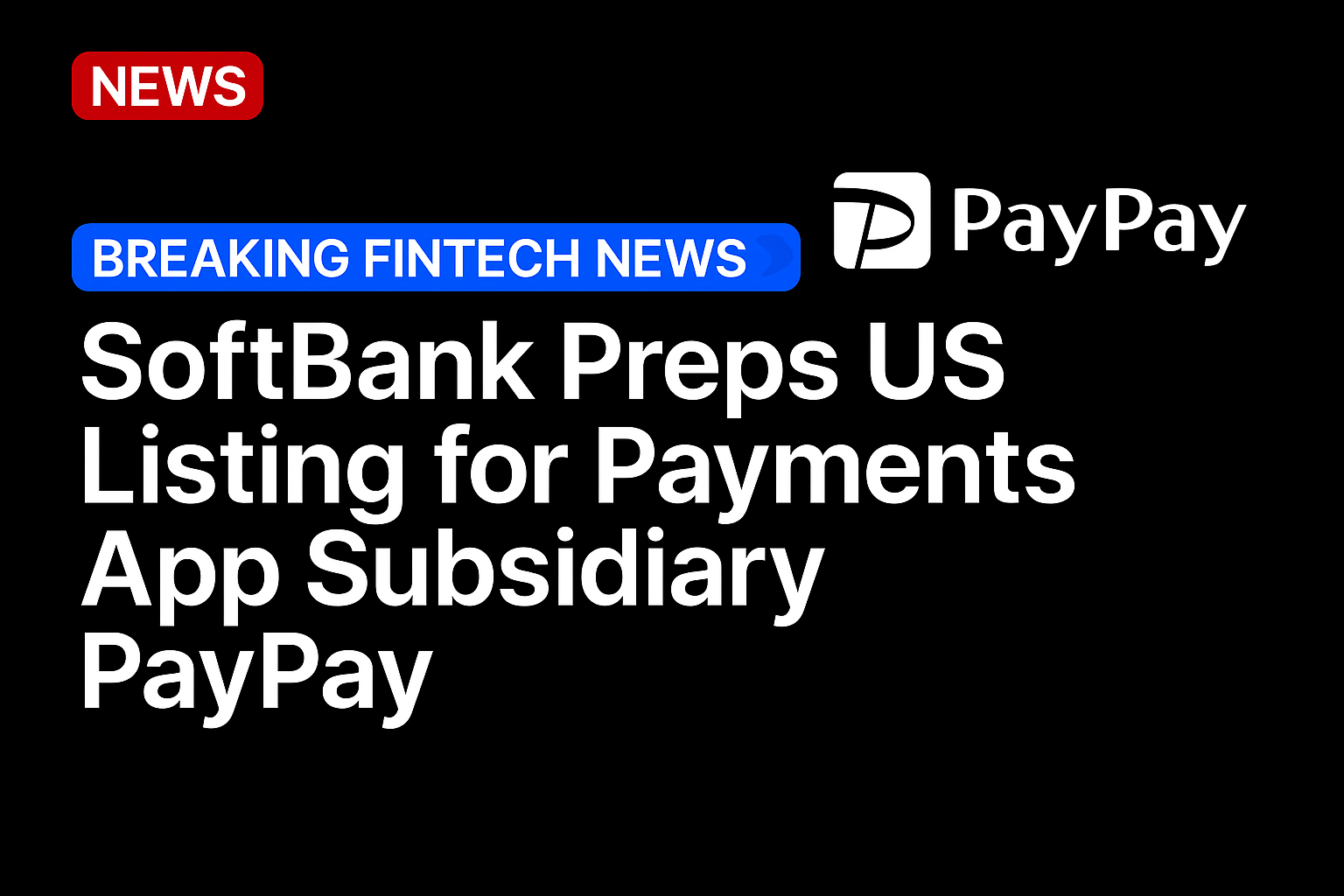Mumbai, India — October 26, 2025 — India’s world-leading fintech revolution, fueled by digital payments, neobanking, and blockchain innovation, is now confronting its greatest challenge yet: cybersecurity at scale.
A new report titled “FinSec: The Emerging Equation Between Fintech and Cybersecurity”, published by PwC India in partnership with the Unified Fintech Forum, warns that while India’s fintech sector is set to surpass $2 trillion in transaction value by 2030, it is also becoming a prime target for sophisticated cyberattacks.
⚠️ Rapid Growth, Expanding Vulnerabilities
The findings—drawn from PwC’s Global Digital Trust Insights 2025 survey of more than 4,000 business and technology executives worldwide—outline the double-edged sword of India’s fintech acceleration:
- API and Open-Banking Exposure: Seamless integrations between fintechs and banks create efficiency but open potential backdoors for threat actors.
- Digital-Payment Fatigue: As UPI and instant-payment rails scale exponentially, fraud attempts and phishing campaigns are rising in both frequency and sophistication.
- Blockchain Blind Spots: While decentralised infrastructure boosts transparency, unregulated nodes and smart-contract flaws invite exploitation.
- Third-Party Weak Links: Vendor ecosystems and embedded-finance platforms are becoming the Achilles’ heel of fintech cybersecurity.
“Fintech in India has evolved from innovation to infrastructure,” said a PwC India spokesperson. “That shift demands a new philosophy—security-first architecture, not security-as-an-add-on.”
🧩 The Strategic Imperative: Build Trust Into Code
The report urges a redefinition of digital trust as a foundational business metric. It recommends that fintechs move beyond perimeter defences to integrate protection into product design, culture, and governance.
Key recommendations include:
- Cyber Resilience by Design — Embed advanced threat analytics, AI-driven monitoring, and zero-trust frameworks at every layer.
- Unified Incident Response — Establish real-time coordination between fintechs, regulators, and financial institutions.
- Third-Party Due Diligence — Vet and continuously audit partner ecosystems for compliance and breach preparedness.
- Consumer Education & Transparency — Communicate openly about data usage, breach handling, and recovery measures.
- Regulatory Alignment — Develop dynamic frameworks with the RBI and CERT-In to harmonise innovation with security oversight.
“Cybersecurity must evolve from a cost centre to a growth enabler,” noted Aparna Sharma, Chair of the Unified Fintech Forum. “Trust is the currency that will determine who wins in India’s digital-finance race.”
💹 Fintech’s Growth Context
India currently leads the world in real-time digital-payment volume, accounting for over 45 % of global instant-transfer transactions.
With more than 10,000 active fintech startups and unprecedented investor interest, the sector’s momentum is unstoppable—but its interconnectivity makes it increasingly attractive to cyber adversaries.
PwC India’s analysis found that nearly 67 % of Indian fintech leaders experienced a major cyber incident in the past 12 months, with many acknowledging insufficient readiness for large-scale ransomware or AI-driven attacks.
🏦 Public–Private Collaboration: The Next Frontier
The study calls for a National Fintech Cyber Resilience Coalition—a cross-industry alliance bringing together regulators, banks, fintech founders, and cybersecurity firms.
The proposed initiative would unify standards on data privacy, threat intelligence sharing, incident reporting, and AI-powered fraud detection.
“India’s fintech success story can only sustain if we make digital trust our strongest competitive advantage,” said Rajesh Chaudhary, Partner, Cyber Risk Advisory, PwC India.
🔒 About FinSec: The Emerging Equation Between FinTech and Cybersecurity
Co-authored by PwC India and the Unified Fintech Forum, the report explores how fintech firms can fortify cyber resilience while pursuing scale and innovation. It integrates insights from global financial institutions, regulators, and startups, mapping best practices to India’s unique digital landscape.
🧠 About PwC India
PwC India is part of the global PwC network, providing assurance, advisory, and tax services across 150 countries. Its Technology Consulting Practice focuses on cyber risk management, regulatory compliance, and digital-trust innovation for financial institutions and emerging technology companies.
📚 SOURCES & REFERENCES
- Business Standard – “India’s Fintech Boom Faces Rising Cyber Threats Amid Rapid Expansion” (Oct 26 2025)
- PwC India Report – “FinSec: The Emerging Equation Between Fintech and Cybersecurity”
- Unified Fintech Forum – Cyber Resilience Statement 2025
- PwC Global Digital Trust Insights 2025 Survey (4,042 executives worldwide)
- Reserve Bank of India – Digital Payments Data Bulletin Q3 2025





